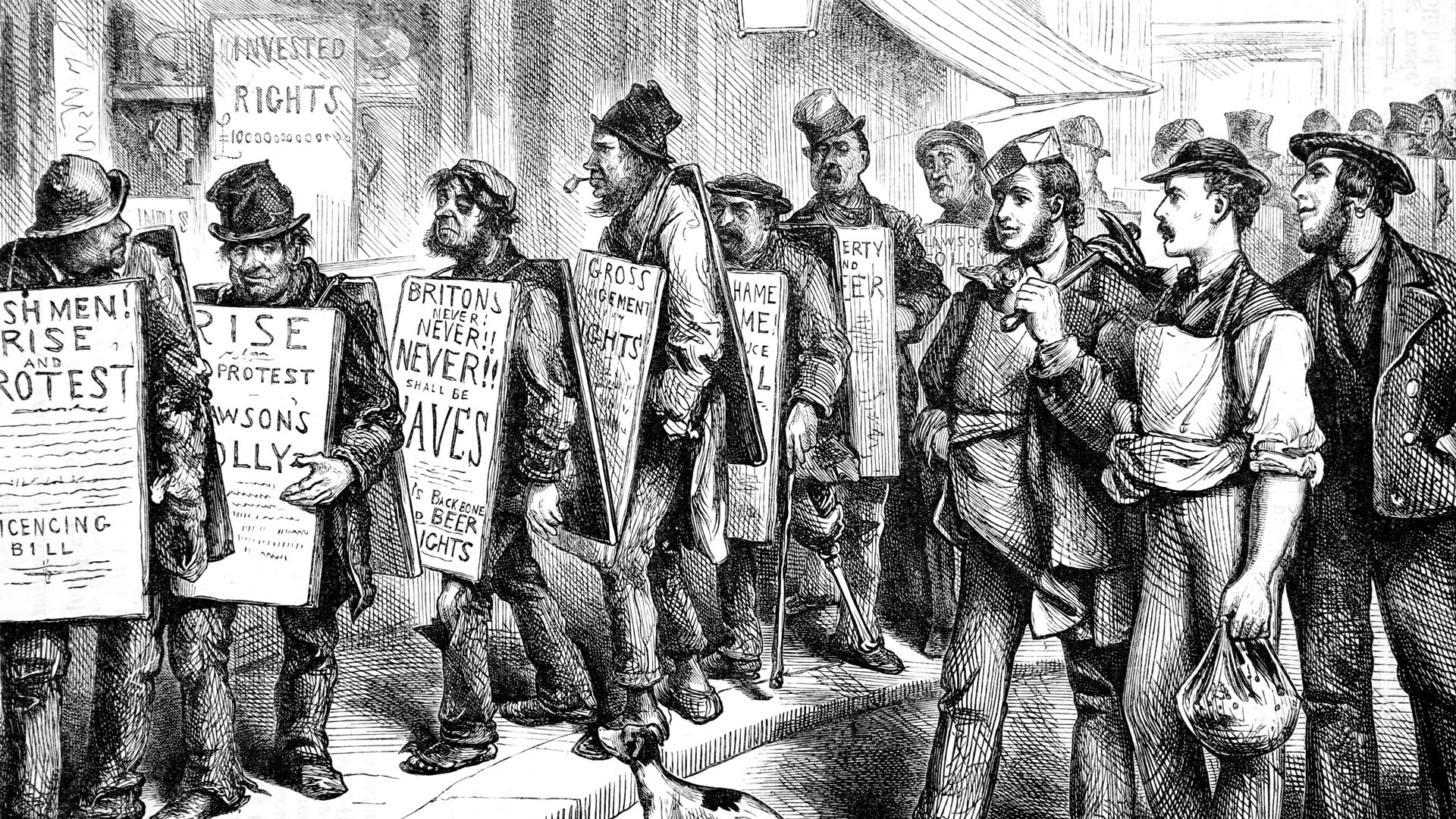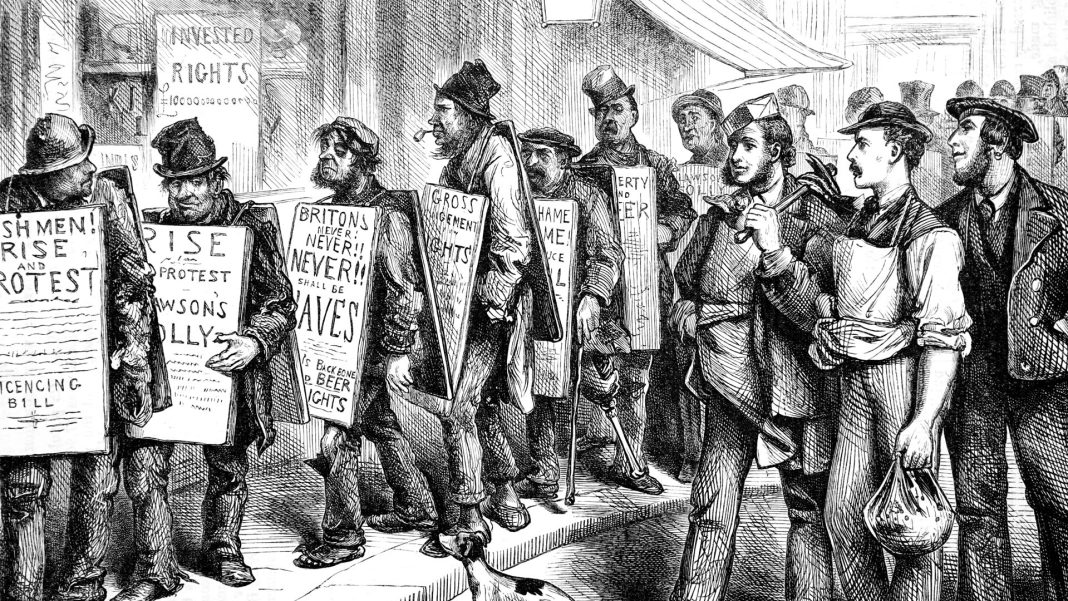
Texas Law Partially Blocked by Judge Over Free Speech Concerns
A federal judge has issued a ruling that partially blocks a Texas law aimed at protecting minors from harmful content online. U.S. District Judge Robert Pitman’s ruling came just before the law, called the Securing Children Online Through Parental Empowerment (SCOPE) Act, was set to take effect on September 1. Pitman’s decision blocks the “monitoring and filtering” provisions of the law, citing concerns over free speech.
The SCOPE Act, signed into law last year, sought to impose strict requirements on digital platforms, particularly large social media networks. It aimed to implement age verification methods, restrict data collection and sharing of minors’ personal information, prevent financial transactions by minors, filter harmful or obscene content, and offer parental controls for supervising minors’ online activities.
However, tech industry groups, including NetChoice and the Computer & Communications Industry Association, filed a lawsuit arguing that the monitoring and filtering provisions were unconstitutionally vague and posed a threat to free speech. They also claimed that these provisions were preempted by Section 230 of the Communications Decency Act, which protects online platforms from liability for user-generated content.
Judge Pitman sided with the tech industry groups on the monitoring and filtering provisions, blocking their enforcement in Texas. In his opinion, the judge stated that Texas’s attempt to block children from accessing harmful content also hindered minors from participating in the democratic exchange of views online. He emphasized that a state cannot selectively block certain categories of protected speech that teenagers can discuss online.
Despite blocking the monitoring and filtering provisions, Judge Pitman allowed the rest of the law to take effect. This includes prohibiting the collection of geolocation data and the display of targeted advertising to minors. The judge’s ruling aligns with the argument made by tech industry groups that the remaining provisions of the SCOPE Act do not unconstitutionally regulate protected speech.
The ruling against the monitoring and filtering provisions of the SCOPE Act is not the first time state-level internet regulations have been partially blocked by a court. A recent appeals court decision upheld the data privacy-related provisions of California’s online child safety law while striking down those that required platforms to assess and mitigate the risks of harmful content to children.
At the federal level, Congress is currently working on the Kids Online Safety Act, which aims to establish legal standards to protect minors online while requiring platforms to mitigate online harms more stringently. While the measure has received praise from online safety advocates, it has also faced criticism for potentially increasing surveillance and restricting access to information.
The ruling by Judge Pitman emphasizes the importance of striking a balance between protecting minors from harmful content online and safeguarding free speech rights. It highlights the ongoing debate surrounding internet regulations and the challenges of finding effective solutions that prioritize both online safety and individual liberties.


